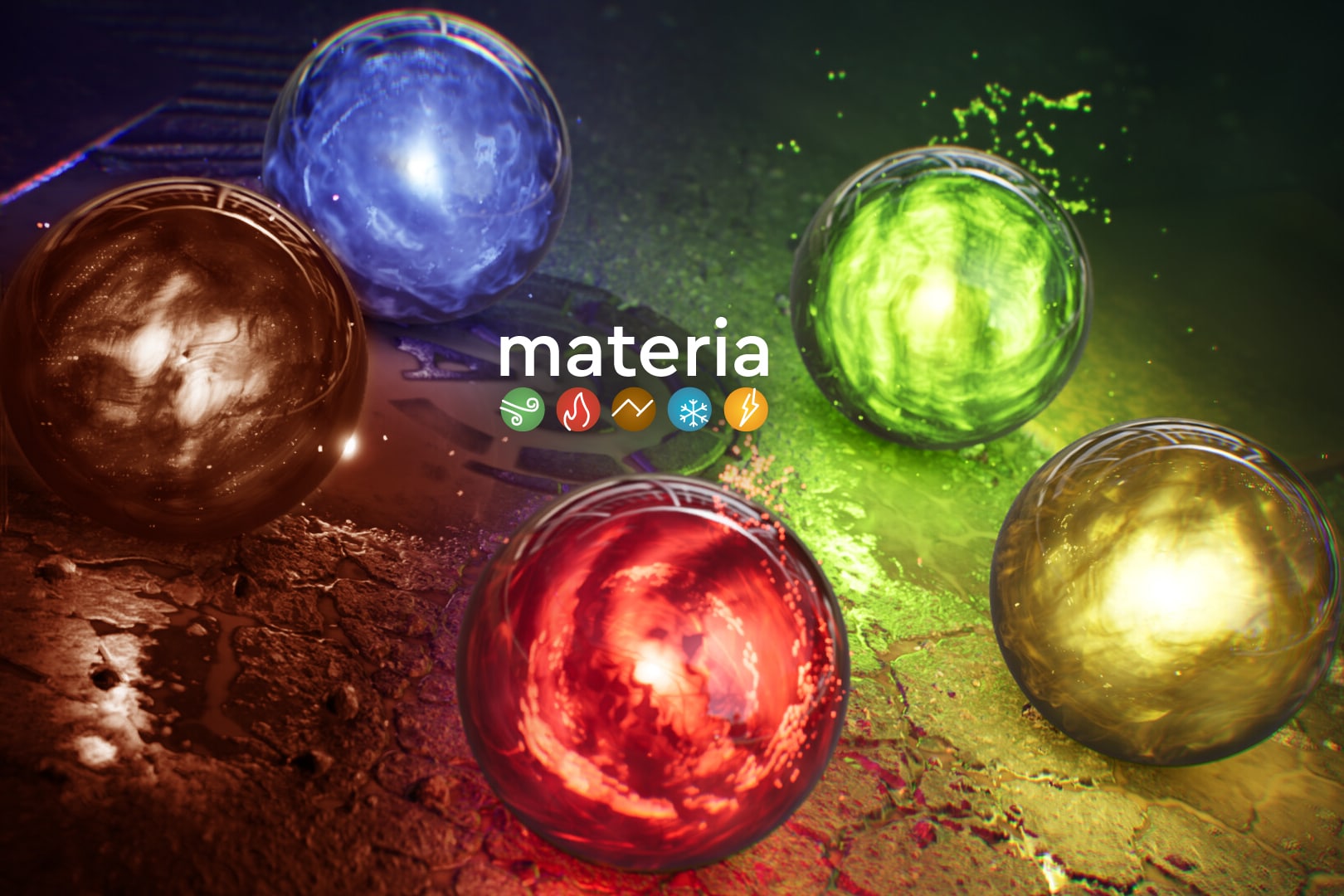In the decentralized exchange sector, dominated by very similar solutions, there is one R&D project that aims to make a difference: it is called Materia.
The Materia DEX has unique features that allow it to mitigate some of the most prominent problems of decentralized exchanges: impermanent loss and slippage, and it offers innovative features such as the trading of several tokens (fungible and non-fungible) in a single transaction, which is particularly useful given the high cost of Ethereum gas fees, and the management of dynamic fees.
A stablecoin as collateral
With these clear objectives in mind, the Materia team chose the WUSD stablecoin as collateral for its pairs, which acts as a bridge between the various pairs, and excludes losses in value due to the need for multiple swaps to achieve the desired conversion.
Thanks to this choice and the stable nature of WUSD, it is possible to reduce impermanent loss and slippage, protecting liquidity providers by choosing to derisk 50% of their investment.
The Materia protocol
Materia is a DEX based on a multi-protocol that is revolutionary in a number of ways. It is called the ETHItem protocol and its most important feature is that it “harmonizes” tokens with ERC20, ERC721 and ERC1155 standards. This allows Materia not only to be a decentralized exchange but also to merge the characteristics of a marketplace where Non Fungible Tokens can find space and application.
Furthermore, by harmonizing the three different standards, the ETHItem protocol allows a single transaction that accumulates different tokens to a single destination.
It will therefore be possible to convert WUSD and DAI (already listed on Materia) into Ethereum, in one go: it is a system that saves gas costs, which are very high for users of the Ethereum network. This function uses Batch Transfer (to implement the LEGO Swap functionality) which will be launched in the coming weeks, and it promises to be another of Materia’s strengths.
Fees
Materia introduces dynamic fees. At launch, the fees on each swap are set at 0.3% but in the future liquidity providers will be able to raise or lower the fees by making their own proposal. This will allow for more competitive pools in the market.
There are currently 5 liquidity pools that collect funds and rewards for a maximum time of 45 days. The pools are:
- WUSD-IETH;
- WUSD-iGIL;
- WUSD-iDAI;
- WUSD-iUSDC:
- WUSD-iWBTC.
Anyone can become a liquidity provider by logging into the system. For each pool, it is possible to see the remaining time to deposit and get the reward. The reward is represented by Materia’s governance token, GIL.
How governance works on the Materia DEX
Materia is a DFO, Decentralized Flexible Organization. DFOs represent the next generation of DAOs, in which the user, or rather the token holders, take a more prominent role. GIL token holders will be able to make their proposals and vote on them. Each proposal will form the basis of the updates to the DEX and its functionality.
At the time of Materia’s launch, 100 million GIL tokens have been minted and are distributed as follows:
- 24.3% to team members and future researchers;
- 70.5% for the decentralized organization, governed by the community;
- 3.7% to advisors and for marketing initiatives;
- 1.5% as an initial fee for the generation of the DFO.
Conclusions
Ultimately, Materia sets itself ambitious challenges that put users’ needs at the heart of its research and development, simplifying their experience, and making them protagonists of governance. With Materia, the DeFi world extends its boundaries beyond ERC20 tokens, turning its focus to multi-protocol trading.



